22 Strategic Minerals Now Set: Highlights on Implications of Mineral Downstreaming
A total of 22 mineral commodities have now been classified as strategic minerals. These commodities have strategic value and will serve as raw materials for domestic mineral downstreaming in order to develop strategic industries. In this regard, determinations of strategic minerals should be based on certain five criteria
Govt. Set Minimum Technical Criteria Needed for the Preparation of WP, WIUP, and WIUPK
The minimum technical criteria for Assignments that are required to be fulfilled by relevant Assignment recipients comprise three activity phases that break down as follows: 1) Preliminary investigation; 2) Advanced investigation; and 3) Prospection investigation. The results of said criteria fulfillment should be drafted into an annual report by Assignment recipients. Said reports vary across several mining commodities
New Draft Regulation: the Govt. to prioritize the granting of WIUPK for private business
The Draft Regulation sets out a WIUPK granting prioritization that now extends to private entities. The applicable criteria and mechanism for this prioritization will be specifically addressed under a forthcoming Regulation of the President
Matching of Data to Determine Eligibility to Secure Household Electricity Tariff Subsidies to Now Be Carried Out on a Quarterly Basis
While maintaining the core eligibility criteria for the securing of household electricity tariff ("Tariff") subsidies by customers of PT PLN (Persero) ("Subsidies") that originally featured under Regulation 29/2016 (i.e. households with 450 volt-ampere ["VA"] supplies or poor and underprivileged households with 900 VA supplies), Regulation 3/2023 states that the latter classification of eligible Subsidy recipients should be granted Subsidies through the matching of PT PLN (Persero) customer ("Customer") data ("Customer Data") with data that already features on integrated lists of households eligible to secure social welfare, as issued by the Ministry of Social Affairs
IUPTLU Holders Now Required to Establish Development Quotas for PLTS Atap Systems for Each of Their Electrical Power Systems
As matters relating to electrical energy imports-exports and electrical energy capacity charges for Rooftop Solar Power Plants (Pembangkit Listrik Tenaga Surya Atap "PLTS Atap") are no longer featured under the new framework, any excess electrical power that is produced through PLTS Atap systems may not be calculated as reductions in the electricity bills of PLTS Atap customers. Moreover, holders of Business Permits for the Provision of Electrical Power for Public Use (Izin Usaha Penyediaan Tenaga Listrik untuk Kepentingan Umum "UPTLU") are now required to establish a PLTS Atap development quotas for each of their electrical power systems, which should be drafted for five-year periods.
Water Resources Business Permit and Utilization Approval Applications Now Required to Be Submitted Electronically
While previously, applications for the securing of water resources business permits ("Business Permits") were required to be submitted conventionally, the applicable submission procedure has now switched to an electronic mechanism via the Online Single Submission (OSS) system. Furthermore, approvals for water resources utilization ("Utilization Approvals"), which were previously known as Water Resources Utilization Permits, can now be secured through either of the following mechanisms: 1) Collection of data relating to non-commercial water resources utilization; or 2) Submission of applications for Utilization Approvals via the Water Resources Information System app.
BAPETEN Set to Enforce Post-Border and Border Supervision of Imports/Exports of Consumer Goods, Source of Ionizing Radiation and Nuclear Materials
the Draft Regulation introduces a number of revisions, which include the enforcement of post-border and border area supervision in relation to certain types of consumer goods, sources of ionizing radiation and nuclear materials
Regulatory Framework on CCS Officially Introduced: Two CCS Schemes Now Available in Mining Working Areas and/or Carbon Storage License Areas
Two schemes that address the organization Carbon Capture and Storage ("CCS") have now been introduced, which break down as follows: 1) CCS that is organized based on cooperation contracts for mining exploration and exploitation activities (Kontrak Kerjasama/KKS), as undertaken by Contractors that have entered into KKS in order to engage in mining exploration and exploitation activities; and 2) CCS that is organized based on permits for engagement in Injection Target Zone (Zona Target Injeksi/ZTI) exploration in Carbon Storage License Areas (Wilayah Izin Penyimpanan Karbon/WIPK) or permits for engagement in carbon injection and storage, as undertaken by Permit holders.
SKK Migas Introduces Procedural Guidelines for CCS and CCUS in KKKS Working Areas: Two Forms of POD Required to Be Submitted by KKKS
Broadly speaking, the organization of Carbon Capture comprises two phases, i.e. the planning and implementation phases. The Carbon Capture planning phase includes the drafting and submission of Carbon Capture development plans ("POD") that break down as follows: 1) POD I: applicable to the initial development of Carbon Capture facilities; and 2) POD II: applicable to the further development and advancement of Carbon Capture facilities or the submission of adjustments to POD I.
Utilization of B3m Through Biomass Cofiring Set for Gradual Implementation During 2023 - 2030 Period
Biomass fuel (Bahan Bakar Biomassa "B3m") that is utilized by power plants should derive from organic materials (either partially or entirely) and should involve the simultaneous incineration of different types of B3m in certain ratios ("Biomass Cofiring"). In this regard, Biomass Cofiring should be implemented gradually in line with several phases between 2023 and 2030, as outlined under Appendix I to Regulation 12/2023.





































